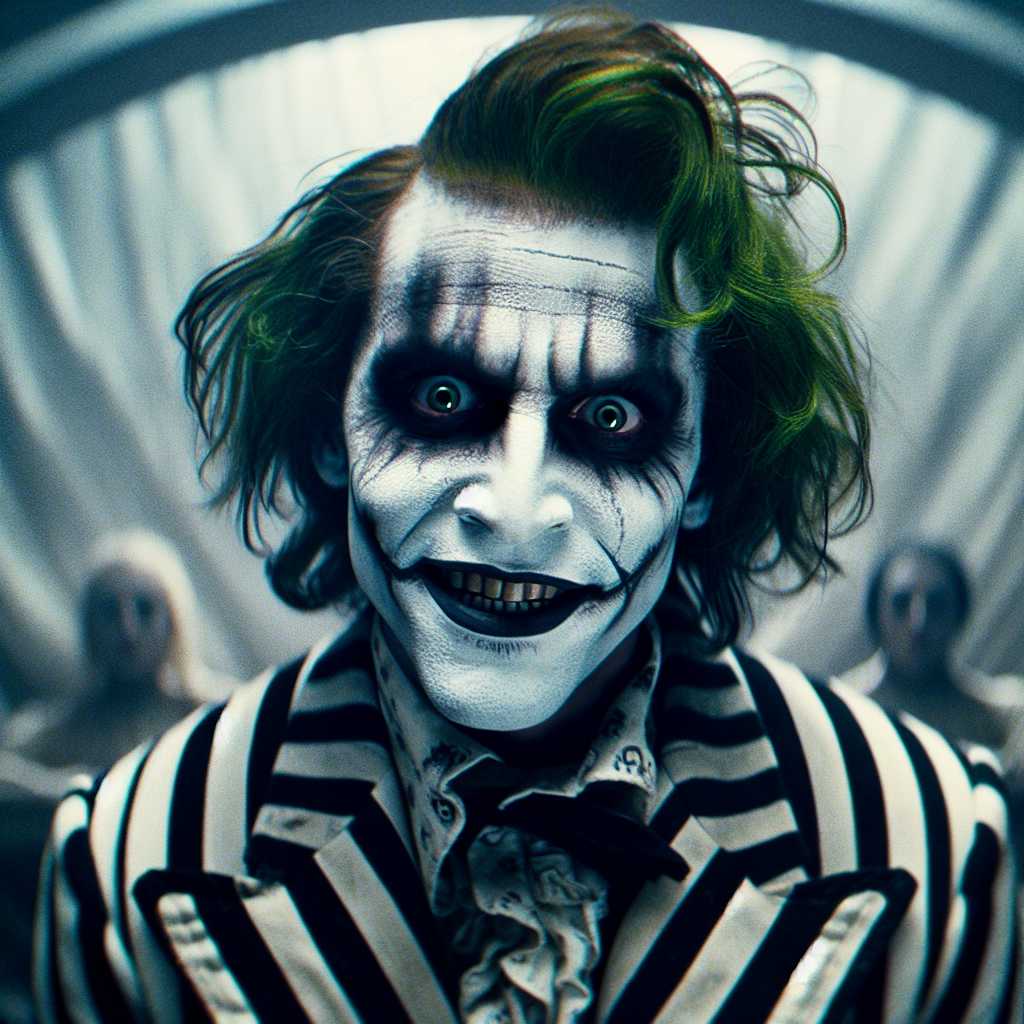Exploring the Phenomenon of Beetlejuice: A Cultural Icon in Film and Beyond
Since its release in 1988, “Beetlejuice” has cemented itself as a cult classic in the film industry. Directed by Tim Burton and starring Michael Keaton in the titular role alongside a stellar cast that includes Winona Ryder, Alec Baldwin, and Geena Davis, the movie stands as a milestone in both its unique aesthetic and its enduring popularity. It masterfully mixes gothic horror elements with quirky comedy, creating an experience that appealed to a broad audience range.
From Concept to Classic: The Beginning of Beetlejuice
The story of “Beetlejuice” began with the original script written by Michael McDowell which landed in the hands of Tim Burton, who at the time had seen success with “Pee-wee’s Big Adventure.” Burton’s visual style and fondness for off-kilter thematic elements made him the flawless choice to lead the project. With additional script work by Warren Skaaren and Larry Wilson, the team fleshed out the story about a deceased couple who, after dying in a car accident, becomes invisible to the living and seeks the aid of an outrageous ‘bio-exorcist’ named Beetlejuice to scare away the new inhabitants of their home.
Manifesting a Morbid World: The Artistry Behind Beetlejuice
Tim Burton’s direction heavily influenced the film’s artistic direction. His quintessential “Burtonesque” style features heavily throughout – characterized by exaggerated shapes, surreal landscapes, and high-contrast coloring, resulting in an almost cartoon-like feel which contrasted with other darker, serious-themes movies at the time.
The cast brought life and nuance to this topsy-turvy world; Keaton’s Beetlejuice is grotesque yet irresistibly charismatic, while Baldwin and Davis embody innocence and distress as Adam and Barbara Maitland with immense thoughtfulness. Meanwhile, Winona Ryder as Lydia Deetz became an icon for alternative youth culture with her performance as a brooding, goth teenager.
Genre-Busting Impact: Comedy Meets Horror
One can’t discuss “Beetlejuice” without addressing its inventive mixture of comedy and horror; it deftly weaves supernatural elements into situational comedy without ever cheapening its darker themes. At its core, it’s also a story about family dynamics and human (or ghostly) connection, tackling themes of sense of place and belonging alongside its laughs and scares. This balance and tonal control is one reason fans and critics alike continue to revere “Beetlejuice,” spawning a dedicated fanbase which leans keenly into its more irreverent aspects.
Reaching Beyond Film: The Legacy of Beetlejuice
Since its inception, “Beetlejuice” has inspired a wide array of cultural productions. From merchandising to an animated television series that further explored its themes while embracing the eccentricities of its world—the influence of “Beetlejuice” remains pervasive. Notably, a Broadway musical adaptation began performances in 2019, extending the brand into theater with the same commitment to bizarre humor and striking visual aesthetics.
Contemporary Significance: Why Beetlejuice Still Matters
In today’s movie landscape filled with sequels, remakes, and revivals, “Beetlejuice” maintains a revered place as not only a product of its era but also as a continually relevant piece of pop culture. It taps into both nostalgia and innovation, continues to inspire fashion choices with its distinct style, and talks—however indirectly—to contemporary societal themes through its presentation of afterlife bureaucracy and subversions of traditional family norms.
